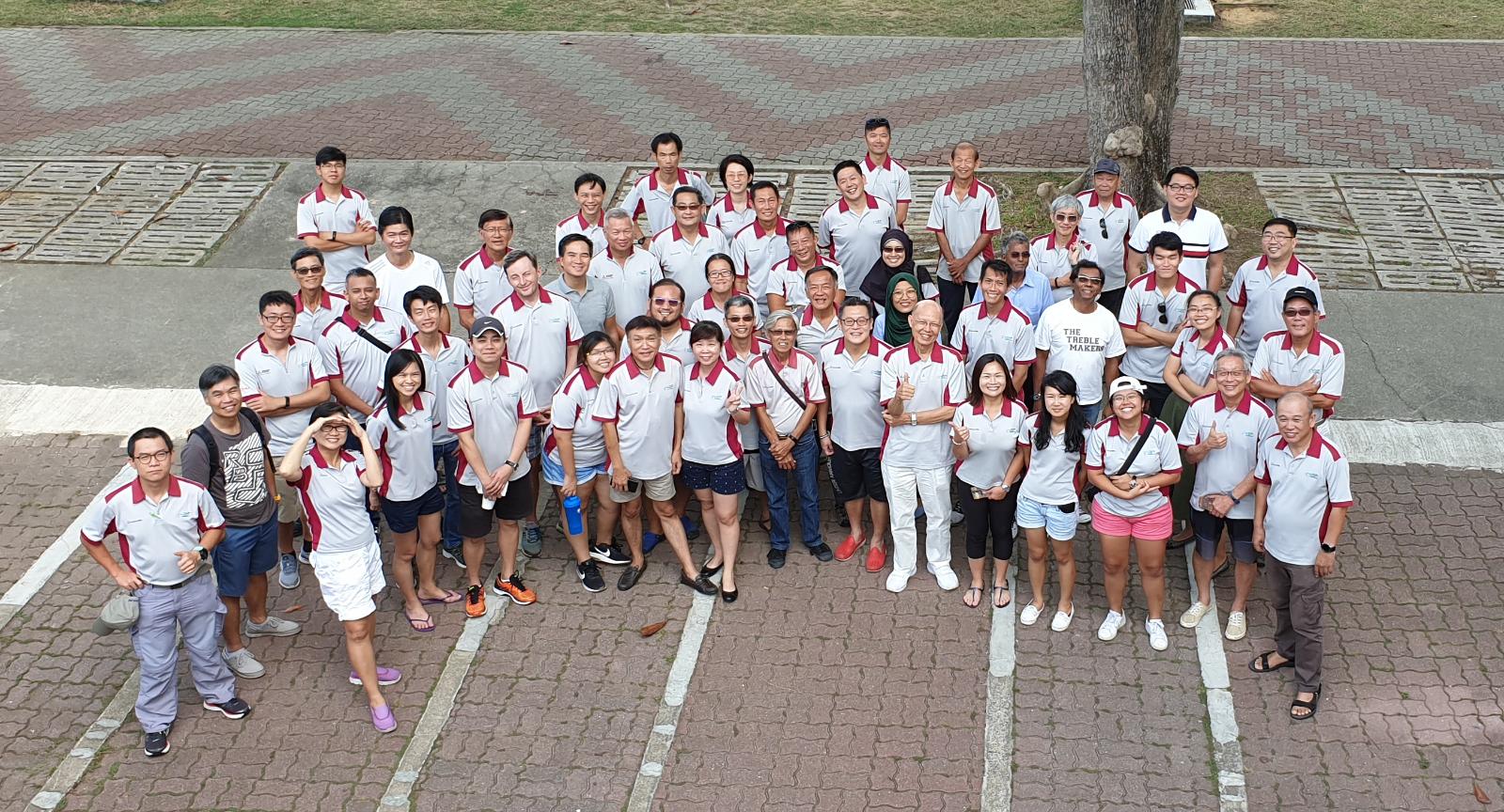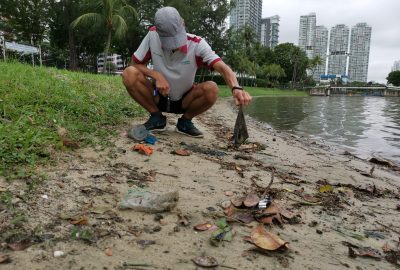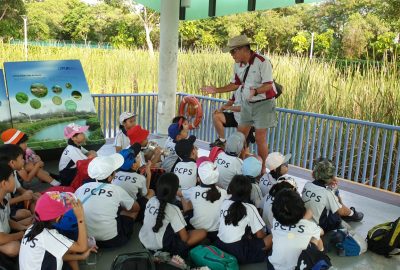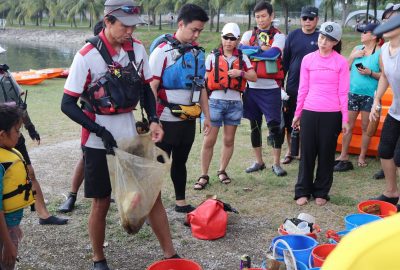ABOUT US
Waterways Watch Society (WWS) is a special, independent volunteer group, bringing people together to love our waters and to inspire stewardship for our environment.

Waterways Watch Society (WWS) is a non-governmental and non-profit environmental organisation, committed to foster appreciation and promote conservation of our environment, especially the waterways in Singapore. Established in 1998 with only 27 members, WWS has grown to about 700 volunteers today, with ages ranging between 5 to 80 years old and with people from all walks of life.
We are:
- A registered society since 24th February 1999
- An approved charity under the Charities Act since 24th May 2000
- An Institution of Public Character (IPC) since 2014
Our main office is located within Kallang Riverside Park since 1999, under the Merdeka Bridge. In February 2014, we set up our first branch office at Punggol Waterway Park, under Sentul Crescent Bridge to reach out to the residents of Punggol New Town. In June 2019, we set up our second branch office at Jurong Lake Gardens.
WHAT WE DO
Weekly Patrols
WWS started our environmental cause with our volunteers patrolling Singapore, Kallang and Geylang rivers on boat during the weekends to fish out any litter we could find in the waters and look out for any situations such as pollution or damaged infrastructure which we would alert the relevant authorities. Strongly believe in building partnerships with all relevant bodies in keeping our waterways and environment clean and safe for all, WWS works closely with various government agencies including Public Utilities Board (PUB), National Parks Board (NParks) and National Environmental Agency (NEA). We have since included patrols on bicycles, kayaks and pedal-boats. Today, our volunteers conduct regular weekly patrols at Kallang, Punggol and Jurong, to ensure our waterways are clean and safe for all to enjoy.

Environmental Education
With a strong focus on public engagement, WWS actively participates in environmental events organised by schools and the community through talks and booths. To better promote public awareness on conserving, valuing and enjoying Singapore’s waterways, WWS has expanded to offer a variety of environmental educational programmes such as learning trails at various Active, Beautiful, Clean (ABC) Waters Sites and clean-up activities on foot, bike, kayak, boat and pedal-boat at our waterways. As a strong advocate of social responsibility and environmental stewardship, WWS aims to foster appreciation for our waters and instill a sense of ownership for our environment by incorporating fun into environmental education.

Programmes
Our programmes place great emphasis on experiential learning. Here at WWS, participants will have the opportunity to get close to the water, enjoy it and value it while learning various water-related environmental issues, especially water scarcity and litter pollution, and the importance of individual ownership in ensuring environmental sustainability through hands-on activities such as litter-picking. Our programmes are well-suited in supporting the objectives of Values-in-Action (VIA) programmes for schools and Corporate Social Responsibility (CSR) activities for companies and organisations.

OUR OBJECTIVES
- To promote awareness and appreciation for our waters and environment
- To advocate preservation and protection of our waters and environment in Singapore
- To educate people on the importance of individual responsibility and being environmentally conscious on our lifestyle choices in our daily lives
OUR CORE PRINCIPLES
- Interconnections: Problems and solutions to water and environmental issues are inter-related, hence, our efforts must be holistic and broad-based.
- Sustainability: Our efforts must be geared towards long-term water and environmental goals that will bring benefit to future generations.
- Ownership: We must build a personal stake in water and environmental issues, only then will we be committed to improving our situation.

